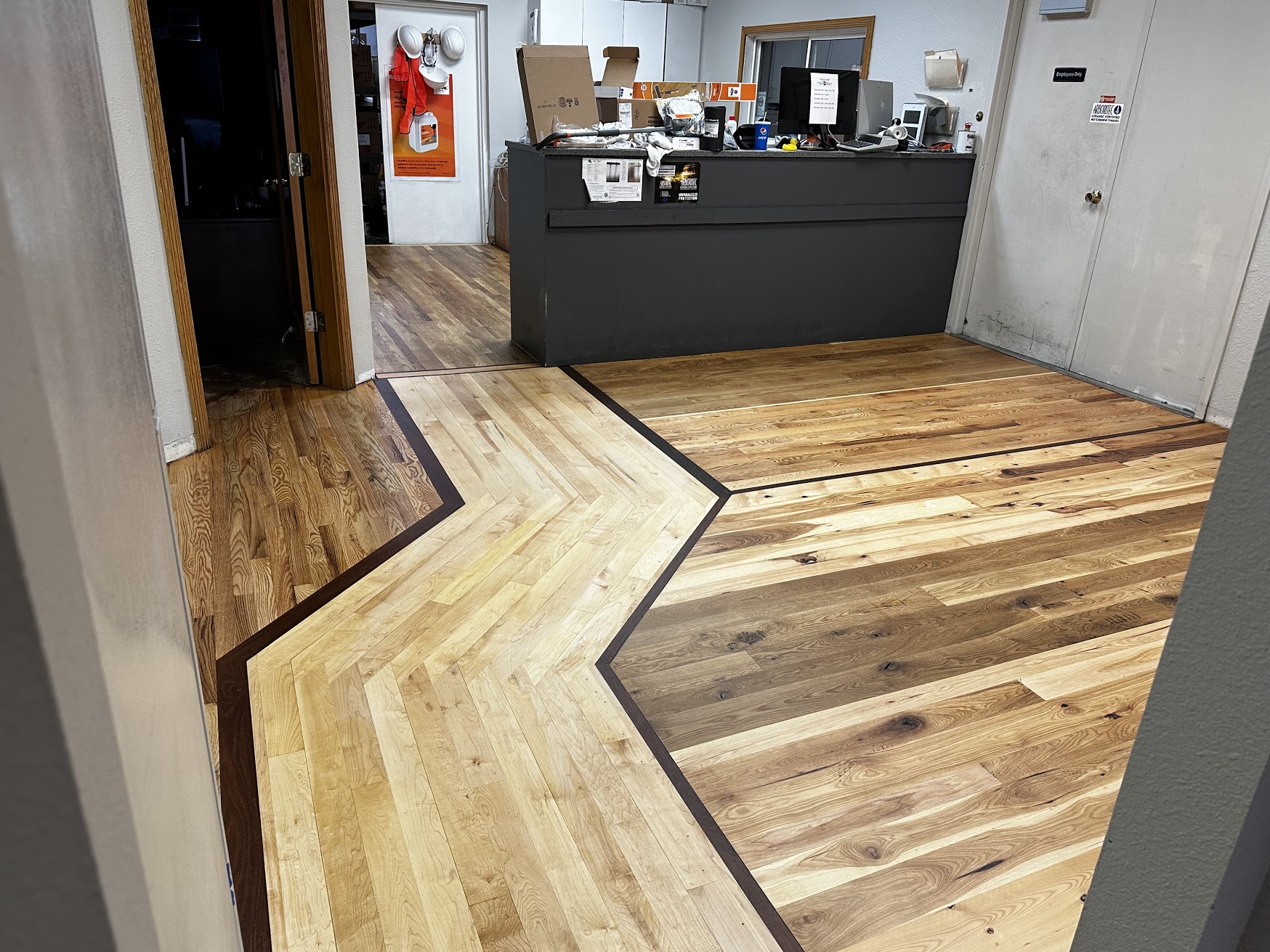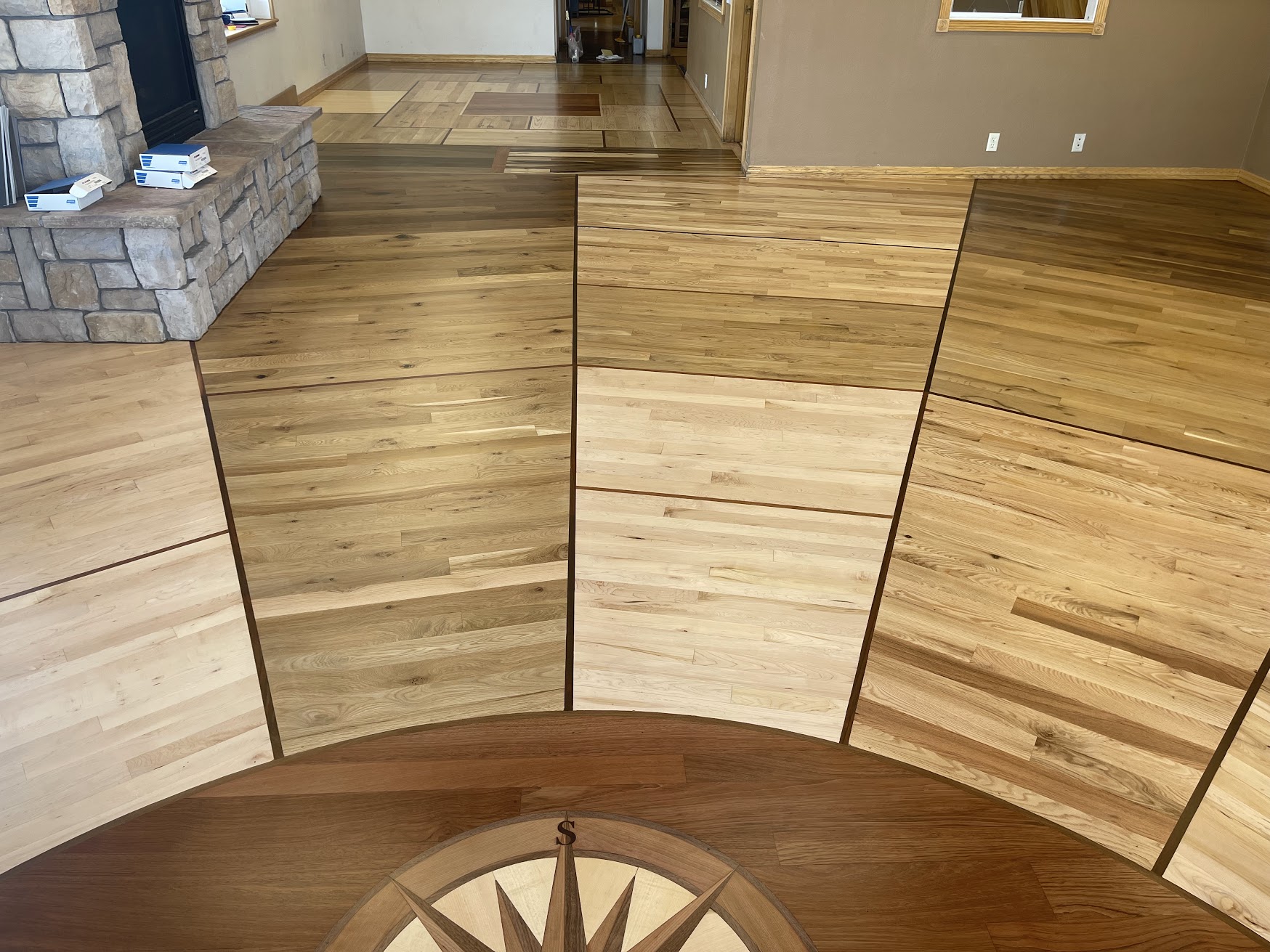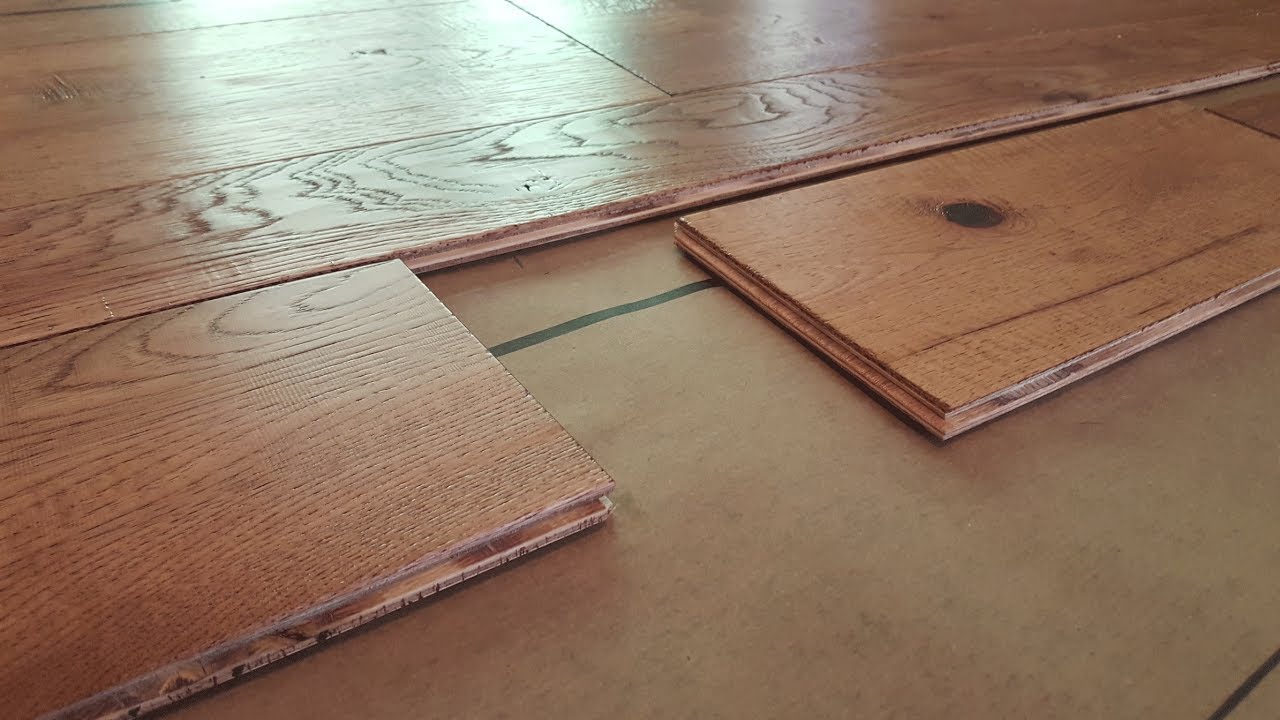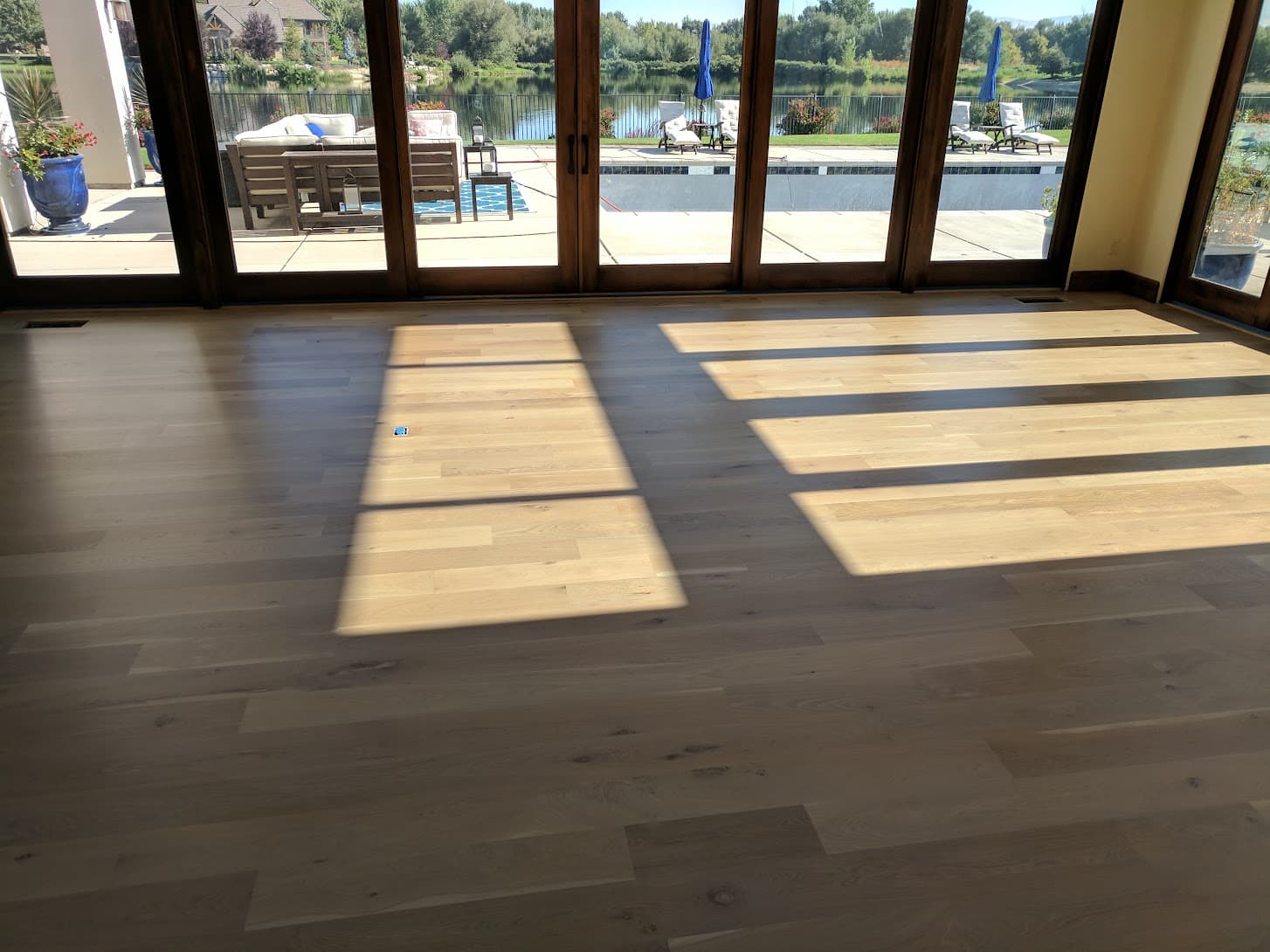Engineered hardwood flooring has gained immense popularity in recent years, becoming a go-to choice for homeowners and interior designers alike. It offers a perfect blend of elegance, durability, and versatility, making it a desirable flooring option for various spaces in your home. In this article, we will delve into the many aspects of engineered hardwood floors, including their construction, advantages, and potential pitfalls, to help you make an informed decision when considering this flooring option.
Overview of Engineered Hardwood Flooring
Engineered hardwood floors are a composite flooring material that consists of multiple layers. Understanding these layers is crucial to appreciate the benefits and drawbacks of this flooring option.
- Core Structure: Engineered hardwood typically features a 3-6 ply core, which is a combination of wood layers stacked perpendicular to each other. This construction enhances the flooring’s stability and reduces the chances of warping or cupping.
- Veneer Thickness: The top layer, known as the veneer, ranges from 1.2mm to 4mm in thickness. This thin layer is made from real hardwood, offering the same aesthetic appeal as solid wood floors.
- Variety of Options: Engineered hardwood floors come in a plethora of styles, species, and finishes. This variety allows homeowners to choose the perfect flooring to match their interior design preferences.
Why Engineered Hardwood Floors Are Good
Engineered hardwood floors offer several advantages that make them a compelling choice for many homeowners:
- Minimal Movement: Unlike solid hardwood floors, engineered hardwood is less prone to expansion and contraction during seasonal changes. This stability minimizes the risk of gaps or warping in your flooring.
- Color Choices: Engineered hardwood floors come in a wide array of colors and shades, and their appearance is meticulously controlled during the manufacturing process, ensuring a consistent and desirable look.
- No Sanding: Engineered hardwood floors typically do not require sanding and refinishing. This reduces maintenance efforts and costs over time.
- Enhanced Durability: The top layer of engineered hardwood is finished with a harder, protective coating, making it more resistant to wear and tear, scratches, and stains.
- Wider Plank Sizes: Engineered hardwood floors are available in wider plank sizes, which not only create a visually appealing look but also minimize the chances of movement in the wood.
- Texture Options: Engineered hardwood offers a range of textures, allowing you to achieve the desired aesthetic, from smooth and sleek to rustic and textured.
- Price Range: There are options to fit various budgets, making engineered hardwood floors accessible to a wide range of homeowners.
- Versatility: Engineered hardwood can be installed in almost any part of your home, including basements, where solid hardwood is not recommended due to moisture concerns.
What You Should Be Warned About
While engineered hardwood floors offer numerous benefits, it’s essential to be aware of potential downsides and exaggerations:
- Underlying Wood Quality: The finish and overall quality of engineered hardwood floors are heavily dependent on the quality of the wood used in the core. Lower-quality cores may compromise the longevity and performance of your flooring.
- Brand Variability: Not all brands of engineered hardwood are created equal. Some brands may use inferior materials or manufacturing processes, leading to subpar products.
- Truth in Labeling: Not all brands are entirely honest in their product descriptions. It’s crucial to do thorough research and buy from reputable manufacturers and retailers to ensure you get what you pay for.
- Thickness Matters: To ensure better quality and longevity, opt for engineered hardwood with a thicker veneer layer. Thicker veneers can withstand more sanding and refinishing cycles if needed.
In conclusion, engineered hardwood floors are indeed a good flooring option for many homeowners. They offer stability, a wide range of style options, and durability, making them a compelling choice for various spaces in your home. However, it’s essential to be cautious of potential quality disparities among brands and to select a product that aligns with your specific needs and budget. By doing your research and understanding the construction and features of engineered hardwood floors, you can make an informed decision that enhances the beauty and value of your home.




